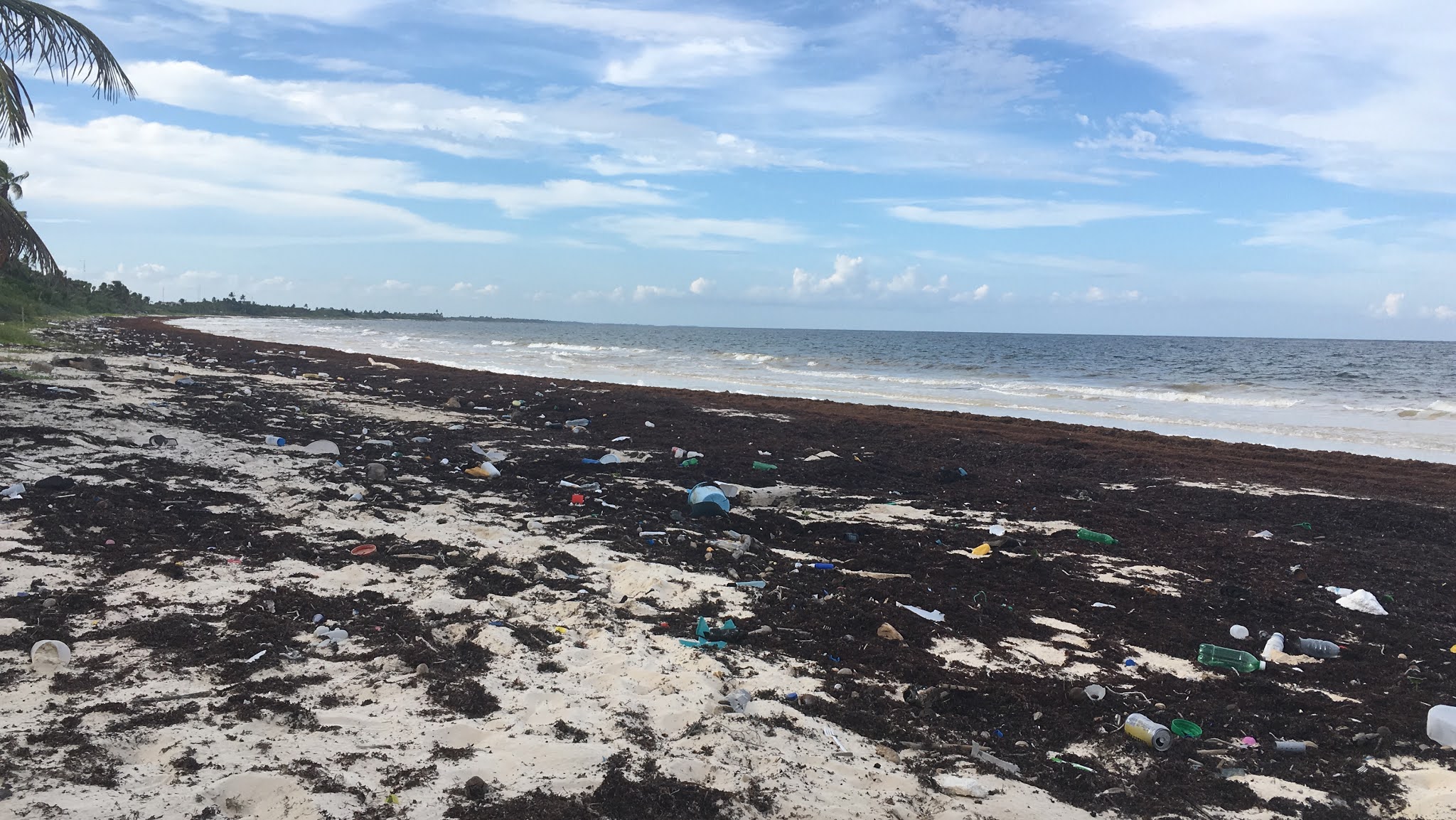The problems of Earth: Plastic pollution

Plastic pollution is the accumulation in the environment of synthetic plastic products. Plastic polluted “paradisiac” beach in Tulum, Mexico (Maria Serra, 2018) Plastic pollution has become one of the most pressing environmental issues: the accumulation of plastic in the ecosystem creates problems for wildlife and their habitats as well as for human populations. When the first plastic was produced in 1860, little they knew that the material would be so harmful. From that first object –a billiard ball– many modifications have been made: now plastics contain additives making them stronger, more flexible and durable. Nowadays, 500 million metric tones of plastic are produced every year –90% more than 40 years ago– and it is projected to triple by 2050. 12 million tons of plastic waste –the equivalent of 800 Eiffel Towers– escape to the oceans annually. Every second, 200Kg of plastic is dumped into the sea. 80% of the plastic trash in the oceans –Earth’s last sink– flow...

